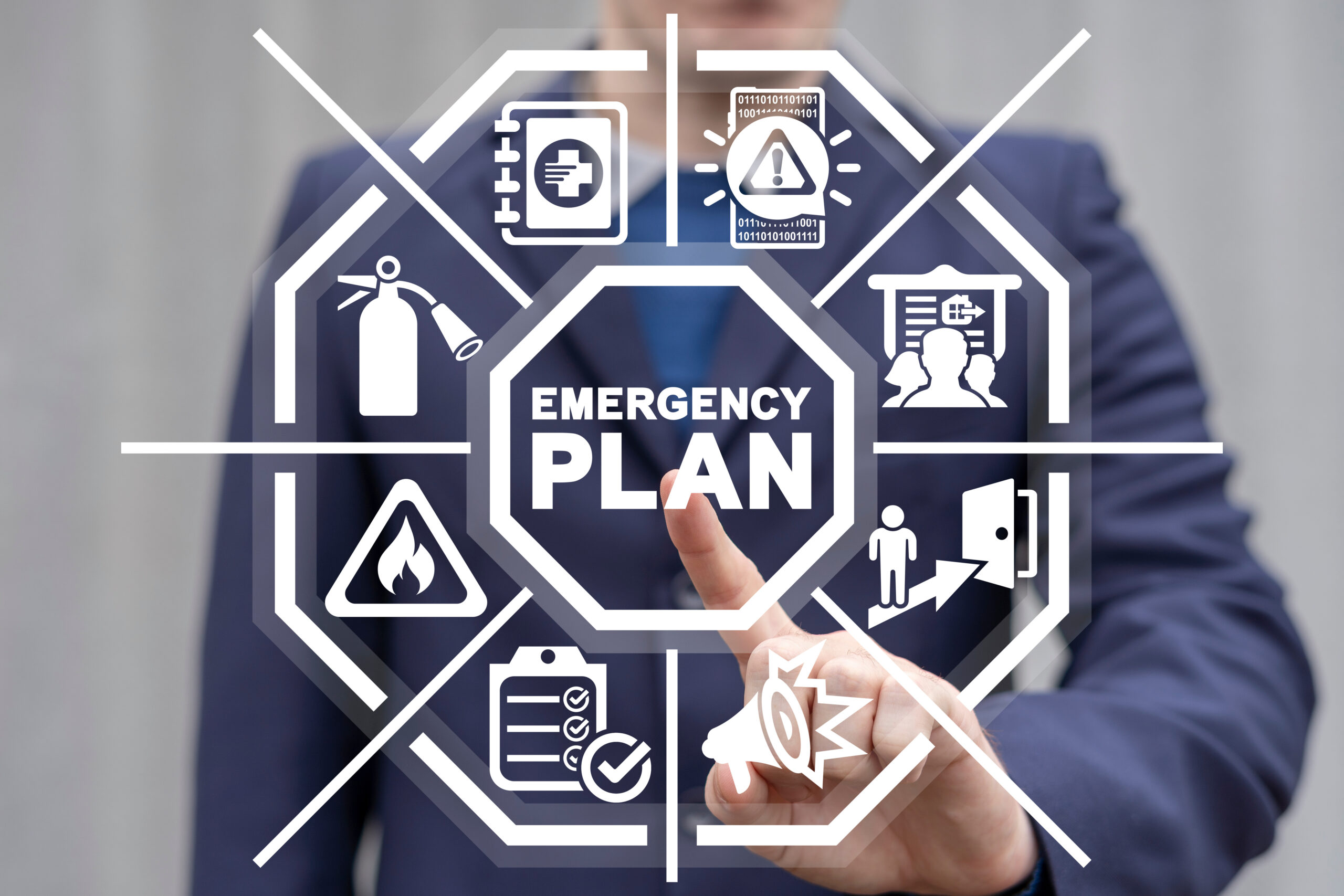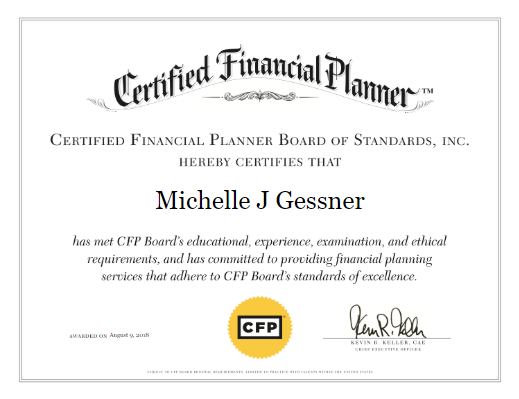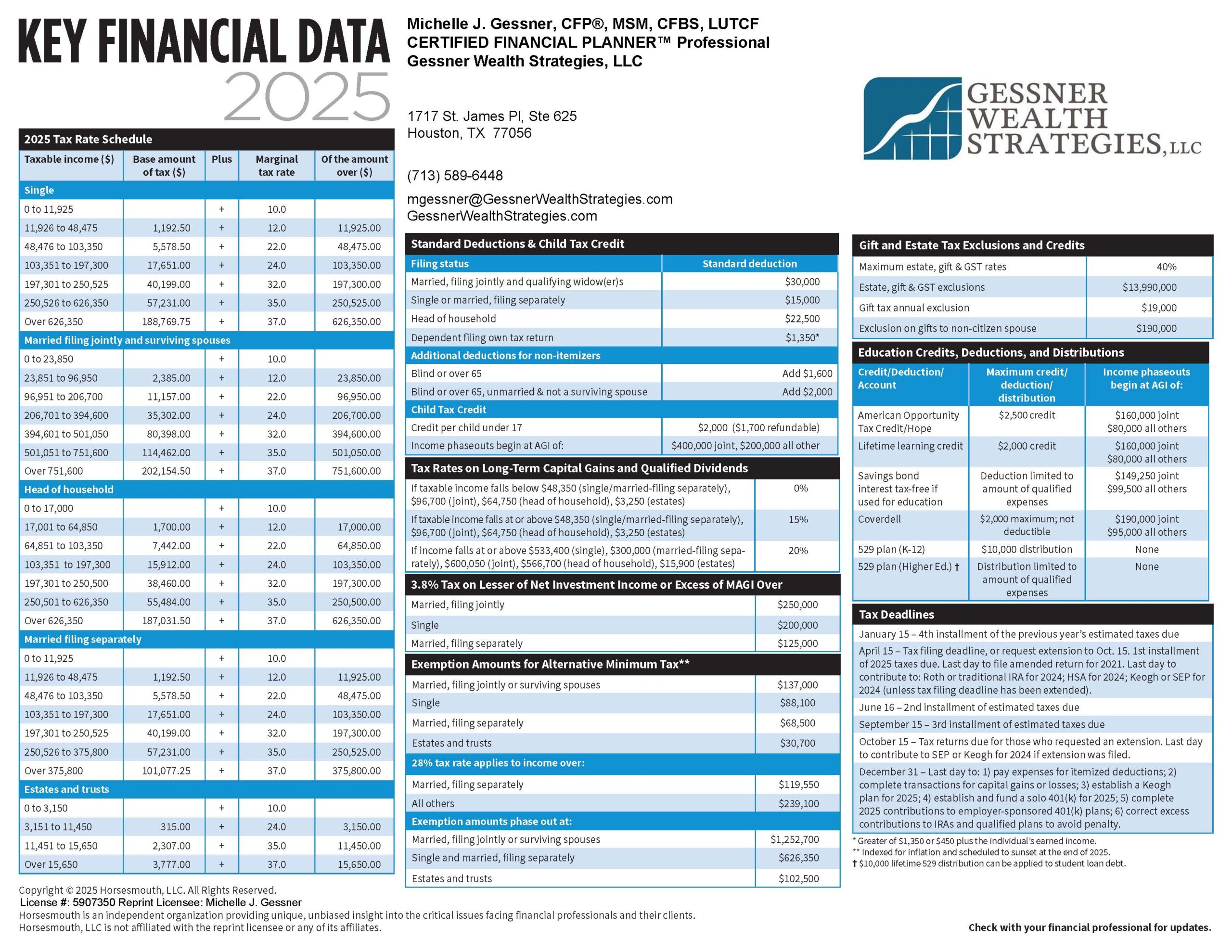Earlier this fall, Hurricane Helene moved inland from the Gulf of Mexico as a tropical storm, from Georgia to the mountains of North Carolina. In western North Carolina, the thousand-year storm caused immense damage from flooding. Even as Floridians were catching their collective breath, Hurricane Milton swept through shortly after.
So much heartache for so many people. Even those living in areas thousands of feet in elevation and hundreds of miles from the coast were hit hard. If you or loved ones have been impacted, our hearts go out to you.
Patterns of extreme weather may be the new norm. Or not. It’s hard to say. But either way, life on Planet Earth has long been fraught with dangers. There may be new, formidable risks to manage, but the truth is, risk itself is nothing new.
For this reason, you may have noticed there are an awful lot of adages about protecting yourself when, not if, the—ahem—stuff hits the fan: Forewarned is forearmed. Measure twice, cut once. An ounce of prevention is worth a pound of cure.
In that spirit, let’s contemplate some of the tried-and-true steps to help better prepare your financial affairs for when disaster strikes. A few ounces of these preventive measures may forestall pounds of future strife.
Organize Your Financial Information
Access to financial information can be critical after a disaster, helping you work with your insurance companies, apply for disaster relief or even just keep up with your everyday bills.
Store important documents in a waterproof safe, a safety deposit box, or in the cloud for easy access during a disaster. Incidentally, make sure you aren’t the only person who knows where the information is.
Ensure you have access to the following:
- Tax statements, which you’ll need to apply for FEMA disaster assistance
- Insurance policies
- Proof of income, such as pay stubs
- Housing payments
For a more detailed list, check out the financial preparedness checklists available from FEMA.
Have Cash on Hand for a Crisis
If you don’t already have an emergency savings account, consider starting one you can tap in a crisis. Aim to save three to six months’ worth of expenses. But also take note that in a disaster, it may be difficult—or even impossible—to take a quick trip to the bank. So keep a small amount of cash at home in case credit cards and local ATMs don’t work in an emergency and you need to buy food, fuel or other supplies.
Have the Right Insurance
Make sure you have appropriate homeowners or renters insurance.
A homeowner’s policy generally covers your dwelling and other structures, personal property, personal liability and medical protection. It also typically offers loss-of-use compensation if you need to relocate temporarily. Renters insurance should provide roughly the same coverage except for protection for structures, which is a landlord’s responsibility.
If you are a business owner, make sure to have business insurance to protect your business property and employees.
Importantly, neither homeowners nor business insurance cover flooding or earthquakes. If either are a possibility in your area, considering purchasing separate policies to cover each if such policies are available. (In some particularly risky areas, earthquake and flood damage coverage may be cost-prohibitive or otherwise unavailable.)
Inventory Your Property
Maintain a detailed inventory of your house to help you prove the value of items you own that may be lost or damaged during a disaster. An up-to-date inventory can help you determine how much insurance to purchase, and it can speed the insurance claim process. It can also provide documentation needed to deduct losses on your tax return.
Take photos or videos to help you record your belongings and where appropriate, write down descriptions. For higher priced items, add as much detail as you can. For instance, instead of simply listing “camera,” note the specific model number and the year you bought it. Also consider having especially valuable items appraised. There are often local services that can help you create audiovisual inventories or even apps that can help keep you organized. Store your inventory and appraisal documents with your other important financial documents.
What To do After a Disaster
If disaster strikes, consider taking a bit of time to yourself before springing into action, if that’s possible. Grieving the losses you’ve endured is an important step in the recovery process, and acknowledging your emotions may take precedence over the financial harm done.
Once you’re ready, contact your insurance company to report the damage. Document and prepare a list of damaged items, and keep the items, if possible, until a claims adjuster has visited.
You’ll also want to hang on to receipts for expenses you incur, such as supplies, repairs and lodging if you can’t stay in your home. These expenses may be covered by insurance.
If you can’t stay at home, notify your utility providers and have them pause or discontinue services. You’ll still be on the hook to pay certain bills after a disaster. Prioritize paying your insurance premium and mortgage, which you must pay even if your house is damaged. If it becomes difficult to pay debts, including your credit card bill, contact your creditor who may be willing to work with you on a payment plan.
No one expects to be on the receiving end of life-changing disaster. But being prepared can help ensure you can pick up the pieces faster. If you have any questions about putting together a disaster plan of your own, reach out and we can help.



